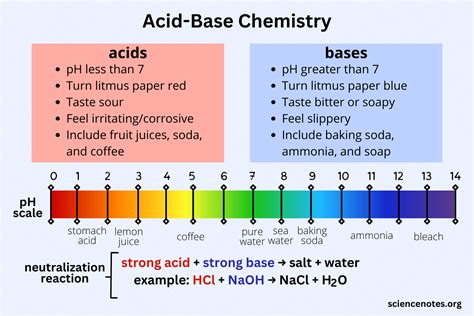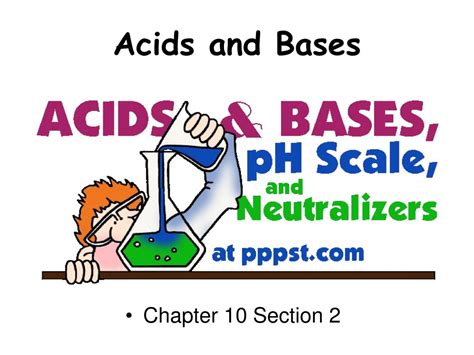The classification of acids into strong and weak categories is based on their ability to donate protons (H+) in aqueous solutions. A strong acid is one that completely dissociates in water, producing a high concentration of hydrogen ions (H+), which are responsible for the acidic properties of the solution. One such acid that is commonly encountered in chemistry is nitric acid, denoted by the chemical formula HNO3.
Nature of Nitric Acid (HNO3)

Nitric acid (HNO3) is indeed considered a strong acid. When dissolved in water, it completely dissociates into its ions, releasing a proton (H+) and a nitrate ion (NO3-), according to the following equation: HNO3 → H+ + NO3-. This complete dissociation indicates that nitric acid is a strong acid because it fully ionizes in aqueous solution, resulting in a high concentration of hydrogen ions.
Characteristics of Strong Acids
Strong acids, including HNO3, exhibit several key characteristics: - Complete Dissociation: They fully dissociate in water, meaning that every molecule of the acid donates a proton. - High Concentration of Hydrogen Ions: The complete dissociation leads to a high concentration of hydrogen ions (H+), which is a measure of acidity. - Strong Acid-Base Reactions: Strong acids react completely with bases to form salts and water, indicating their strong tendency to donate protons. - Corrosive Properties: Many strong acids, including HNO3, are corrosive due to their ability to donate protons, which can react with and damage various materials.
| Acid | Degree of Dissociation | Example of Dissociation Reaction |
|---|---|---|
| HNO3 (Nitric Acid) | Complete | HNO3 → H+ + NO3- |
| HCl (Hydrochloric Acid) | Complete | HCl → H+ + Cl- |
| CH3COOH (Acetic Acid) | Partial | CH3COOH ⇌ H+ + CH3COO- |

In conclusion, HNO3 (nitric acid) is classified as a strong acid due to its complete dissociation in aqueous solutions, resulting in a high concentration of hydrogen ions. This characteristic is fundamental to understanding its properties and behavior in chemical reactions.
Key Points
- HNO3 is a strong acid that completely dissociates in water.
- The dissociation of HNO3 leads to a high concentration of hydrogen ions, contributing to its acidic properties.
- Strong acids like HNO3 are corrosive and react completely with bases to form salts and water.
- The strength of an acid can be influenced by its concentration and the presence of other substances in the solution.
- Nitric acid's properties make it useful in various industrial and laboratory applications, despite its corrosive nature.
Understanding the nature of acids like HNO3 is crucial for applying them safely and effectively in various contexts, from industrial manufacturing to laboratory research. The complete dissociation of strong acids in water underlines their potency and the need for careful handling to avoid accidents and ensure the desired chemical outcomes.
What makes HNO3 a strong acid?
+HNO3 is considered a strong acid because it completely dissociates in water, releasing a high concentration of hydrogen ions (H+), which are responsible for its acidic properties.
How does the concentration of HNO3 affect its properties?
+The concentration of HNO3 can influence its properties, with concentrated solutions potentially exhibiting different behaviors due to additional properties such as acting as an oxidizing agent.
What are some common uses of nitric acid?
+Nitric acid is used in various industrial and laboratory applications, including the production of fertilizers, explosives, and in the process of etching and cleaning metal surfaces.



